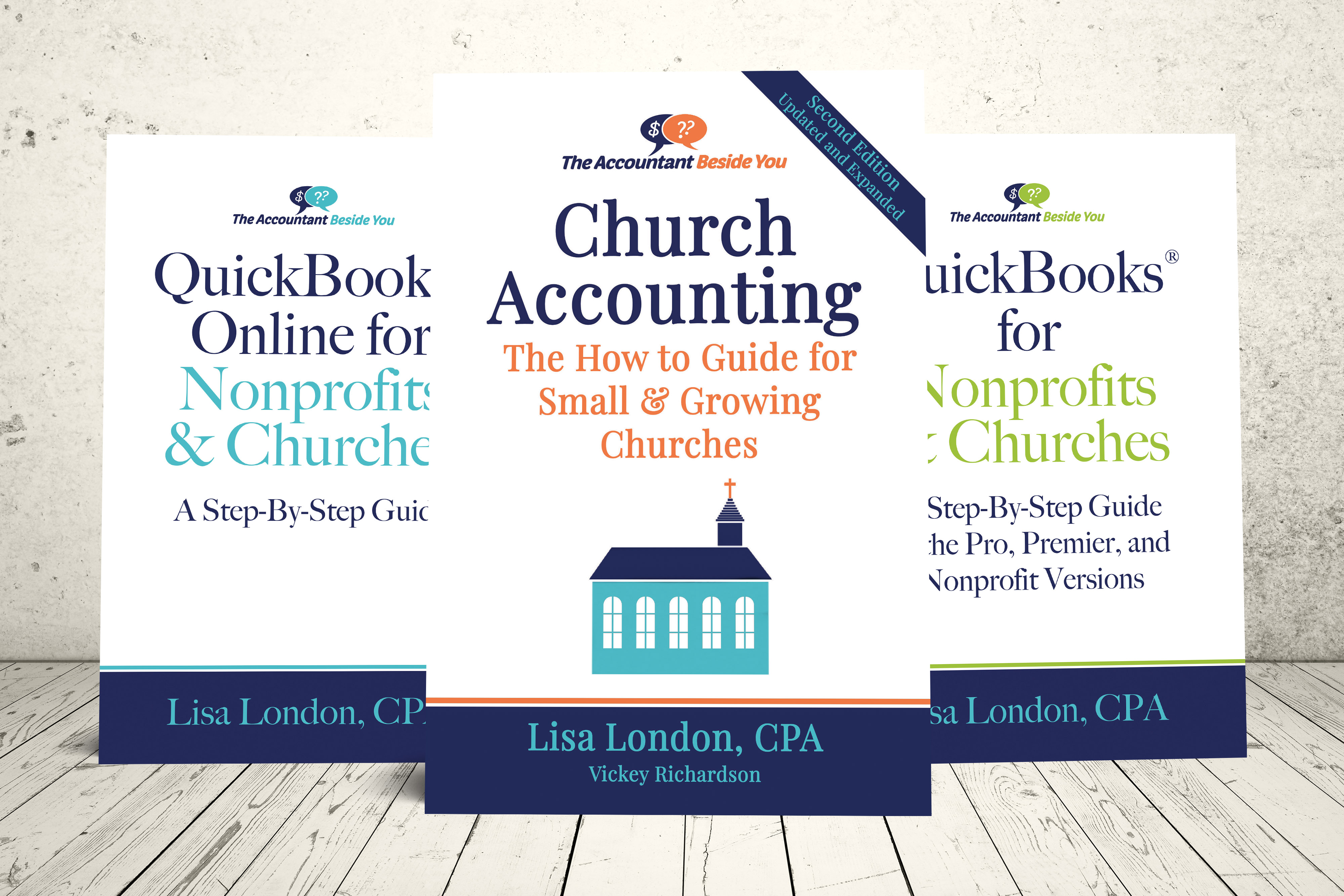Guidelines for Benevolence Funds
by Carolyn
(Lancaster)

Benevolence Payments Taxable?
A fund was started for a sick child and
the contributions had her name on them.
What are the guidelines for distribution of the
funds received?
The father of the child works for the church.
Would any funds given to him become income?
(given to cover rent etc. for the family during
this time of illness.)
Vickey's reply
The donations would not be tax deductible to the donors because they were designated for an individual.
Most of the time benevolence payments are not taxable to the recipient; however it gets a little sticky when the recipient is a staff member.
Careful documentation is required to ensure that the employee would have received a benevolence payment, and in the same amount, if the individual had not been a staff member.
Know the answer? Face the same situation? Please post your answer or comment by using the "comment" link below. Thank you!
Head Trustee/Board member/wife is paid employee
by Anna
(Shinnston, WV)
I would like to know if in this persons capacity as a Board member and the fact that his wife is our churches paid custodian, will a "gift" in any amount to him (in this instance, he was off work for two months due to health issues and without pay from his employer) to be taxable or non-taxable?





